From Recession to Recovery: The Power and Peril of Economic Deception
Economists and central bankers wield significant influence over public perception and behavior through their statements and policies. While the public often assumes these officials strive to present an accurate depiction of economic realities, a more nuanced and concerning practice emerges upon closer examination: the strategic use of deception. This article delves into the practice of prosocial lying among economists and central bankers, exploring its historical context, ethical implications, and real-world impacts.
The Concept of Prosocial Lying in Economics
Prosocial lying refers to the act of deceiving for the perceived greater good. In economics, this practice is often employed by policymakers who believe that their statements can shape economic outcomes. By projecting confidence and stability, they aim to foster a sense of security and optimism among the public, which, in theory, can help prevent economic downturns.
A notable example of this phenomenon is encapsulated in the concept known as the "Ben Bernanke problem." Ben Bernanke, former Chairman of the Federal Reserve, faced a critical juncture during the 2008 financial crisis. In March 2007, had Bernanke openly acknowledged that the subprime mortgage issue was not contained, it could have triggered widespread panic. Instead, he chose to project confidence, hoping to mitigate the crisis. Despite his efforts, the panic and crisis unfolded regardless, raising the question of whether honesty might have been a better course of action.
Historical Context and Justification
The practice of prosocial lying in economics is not new. Economists have long debated the ethical implications of their statements and policies. Joan Robinson, a prominent economist, famously stated in 1978, "The purpose of studying economics is not to acquire a set of ready-made answers to economic questions, but to learn how to avoid being deceived by economists." This sentiment underscores the recognition within the field that deception can be a tool for managing economic perceptions.
A working paper by George DeMartino, titled Should Economists Deceive? Prosocial Lying, Paternalism, and the ‘Ben Bernanke Problem’, explores this issue in depth. DeMartino's research reveals that economists often feel pressured or inclined to generate deceptive economic statements for the public good. This practice is justified by the belief that by shaping public perception positively, economic stability can be maintained or even achieved.
Case Studies of Economic Deception
Ben Bernanke and the 2008 Financial Crisis
The 2008 financial crisis provides a stark example of how central bankers use deception to influence public perception. In the early stages of the crisis, Ben Bernanke repeatedly assured the public that the subprime mortgage issue was contained and that the economy was strong. His statements were intended to prevent panic and maintain confidence in the financial system. However, the crisis eventually escalated, leading to a global economic downturn.
Bernanke's strategy was based on the belief that acknowledging the severity of the problem could have worsened the situation. By projecting confidence, he hoped to stabilize the markets. This approach, however, raises ethical questions about the role of honesty in economic policymaking. If Bernanke had been more transparent, would the public have been better prepared for the crisis? Or would it have led to a quicker and more severe economic collapse?
Olaf Scholz and Germany's Recession
In January 2023, German Chancellor Olaf Scholz made a bold statement, asserting that Germany would not enter a recession. Despite his confidence, Germany has been in a recession ever since. This case highlights the disconnect between political statements and economic realities. Economists advising Scholz may have believed that by projecting optimism, they could influence public behavior and prevent a downturn. However, the persistence of the recession suggests that such statements may do more harm than good when they fail to align with economic conditions.
Psychological Manipulation and Economic Perception
The Theory of Positive Messaging
The theory behind positive messaging in economics is rooted in psychology. By making optimistic statements about the economy, policymakers hope to influence consumer and investor behavior. If people believe the economy is strong, they are more likely to spend and invest, which can, in turn, stimulate economic growth. This theory posits that recessions are, to some extent, self-fulfilling prophecies driven by negative sentiment.
Historical and contemporary examples abound. During the Great Depression, President Franklin D. Roosevelt famously declared, "The only thing we have to fear is fear itself." This statement aimed to restore public confidence and encourage economic activity. Similarly, modern central bankers and policymakers use positive messaging to mitigate economic downturns and maintain stability.
Public Perception vs. Economic Reality
A significant issue with positive messaging is the potential for a disconnect between public perception and economic reality. When policymakers consistently portray the economy as strong and resilient, even in the face of adverse conditions, they risk losing credibility. The public may eventually perceive these statements as empty rhetoric, leading to a loss of trust in economic institutions.
This disconnect is evident in the current economic climate, particularly in the United States. Despite official claims of a strong and resilient economy, public perception often diverges sharply. Many people feel the effects of economic stagnation, rising costs, and job insecurity, which contrasts with the positive narratives presented by policymakers.
The Ethical Dilemma: To Lie or Not to Lie?
Arguments For Deception
Proponents of prosocial lying argue that such deception is necessary to maintain economic stability. By fostering confidence and optimism, policymakers can prevent panic and encourage positive economic behavior. In this view, the ends justify the means, as the overall goal is to promote the greater good.
For instance, during the 2008 crisis, Bernanke's assurances were intended to prevent a financial meltdown. Similarly, Olaf Scholz's statement aimed to bolster confidence in the German economy. These actions are seen as necessary interventions to maintain stability and prevent worse outcomes.
Arguments Against Deception
Critics, however, argue that deception undermines public trust and can have severe long-term consequences. When the public realizes that they have been misled, it erodes confidence in economic institutions and policymakers. This loss of trust can make it more challenging to manage future economic crises, as people become skeptical of official statements.
The ethical concerns are also significant. Deception, even for a perceived greater good, raises questions about the integrity of economic policymaking. Should policymakers be allowed to lie to the public? What are the limits of such deception, and who decides when it is justified?
The Impact of Deception on Economic Policy and Public Trust
Short-Term vs. Long-Term Effects
The immediate impact of economic deception can be stabilizing. Positive statements can prevent panic, encourage spending, and maintain market confidence. However, the long-term effects can be detrimental. When the truth eventually emerges, the public's trust in economic institutions is eroded, making it more challenging to manage future crises.
The 2008 crisis and its aftermath provide a clear example. While Bernanke's statements may have helped stabilize the markets initially, the eventual realization of the crisis's severity led to widespread disillusionment and mistrust in financial institutions. This loss of trust has had lasting consequences, affecting public confidence in economic policy to this day.
Case Study: The 2008 Crisis and Its Aftermath
The 2008 financial crisis highlighted the limitations of positive messaging and the consequences of deception. Despite Bernanke's assurances, the crisis unfolded, leading to a global economic downturn. The long-term impacts included a prolonged period of economic stagnation, often referred to as the "Great Recession," and a significant loss of public trust in financial institutions.
In 2014, Brad DeLong, a noted economist, referred to the post-2008 period as the "Lesser Depression." Similarly, Larry Summers described it as a period of "secular stagnation." These terms reflect the recognition that the economy had not fully recovered and that significant challenges remained. The realization that the initial positive messaging had failed to address underlying issues further eroded public confidence.
Economists and central bankers often resort to prosocial lying to influence public behavior and perception. While this practice aims to maintain economic stability, it raises significant ethical concerns and can have long-term consequences. The case studies of Ben Bernanke during the 2008 crisis and Olaf Scholz's statements about Germany's recession illustrate the complexities and challenges of using deception as a policy tool.
Ultimately, the balance between maintaining public confidence and being truthful is delicate and fraught with ethical dilemmas. Transparency and accountability in economic policymaking are crucial to maintaining public trust and effectively managing economic challenges.
Not sure if you should sell?
We get it. The market is weird. If you’re not sure if selling your home is the right move for you right now, get in touch. We’ll go over the details of your specific situation and help you make the right decision.




